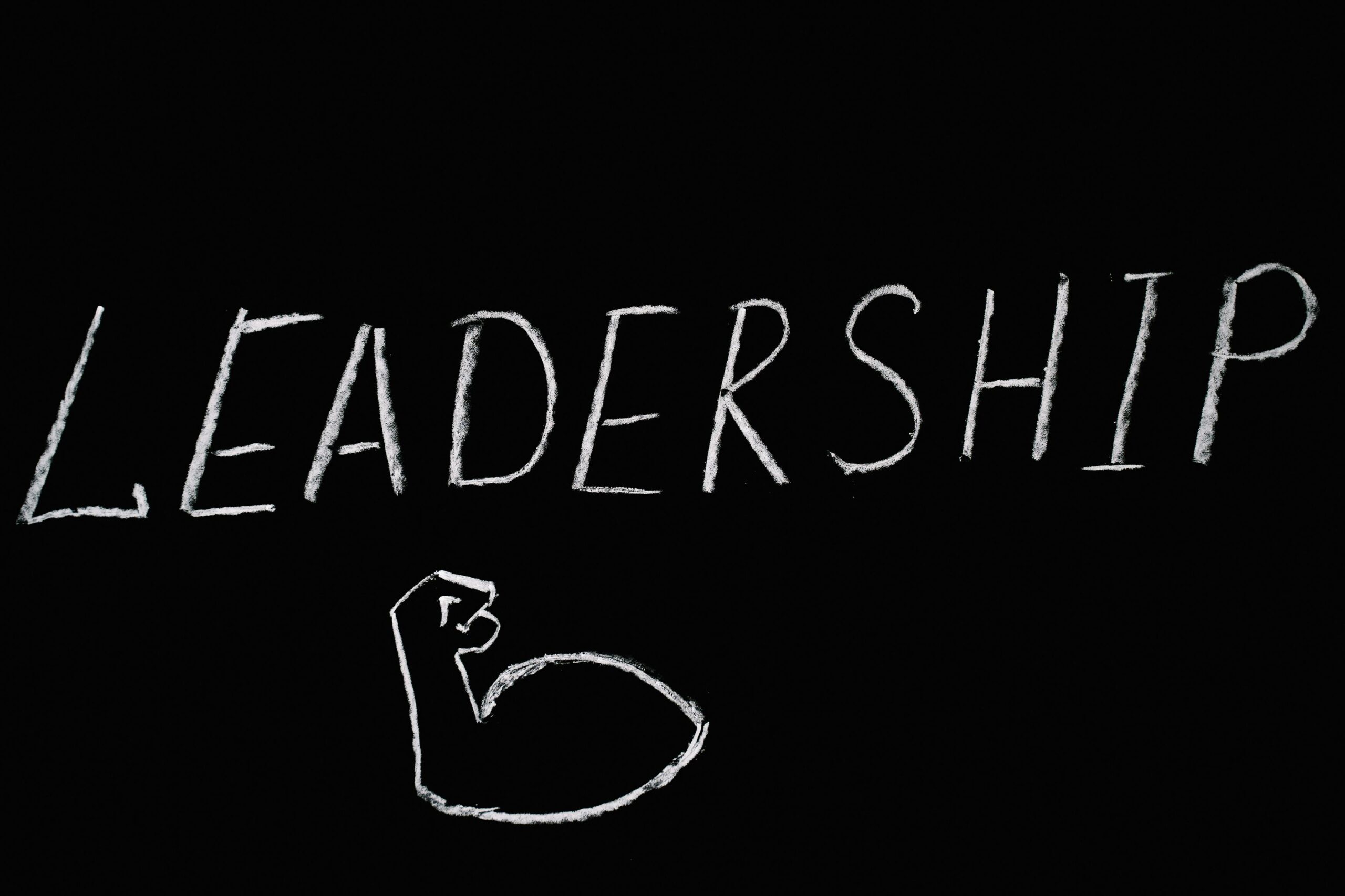What Is Empathetic Leadership and Why Does It Matter?
In today’s evolving workplaces, empathetic leadership isn’t just a buzzword—it’s a critical leadership approach that shapes trust, drives collaboration, and builds stronger teams. But what exactly does it mean to lead with empathy, and why is it so important?
Empathetic leadership is the practice of understanding and sharing the feelings of others while using that insight to guide decisions and actions. It’s about more than being nice—it’s about being present, attentive, and responsive to the needs of your team.
Let’s dive into why empathetic leadership isn’t just good for people—it’s good for business.
1. Empathy Is the Cornerstone of Connection
At its core, empathetic leadership starts with listening—not just hearing, but actively listening. This means:
- Being fully present in conversations
- Asking thoughtful questions
- Acknowledging emotions without dismissing them
When leaders listen with intention, they gain valuable insight into their team’s motivations, fears, and frustrations. This insight forms the foundation for better relationships, clearer communication, and smarter decision-making.
2. Empathetic Leadership Boosts Employee Morale
One of the clearest benefits of empathetic leadership is its impact on morale. Employees who feel seen, heard, and understood are:
- More likely to stay engaged
- More motivated to contribute their best work
- Less likely to experience burnout
When employees know their leaders genuinely care about their well-being, they don’t just show up—they show up fully.
Real Talk: Empathy isn’t about coddling your team. It’s about understanding their challenges so you can better support them in overcoming those obstacles.
3. Better Decisions Start with Empathy
Great leaders don’t make decisions in a vacuum—they consider the ripple effects those decisions will have on their team.
Empathetic leaders ask:
- “How will this impact morale?”
- “Will this decision create unnecessary stress or friction?”
- “What support systems need to be in place to make this successful?”
This approach doesn’t slow down decision-making; it improves it. Decisions rooted in empathy are more thoughtful, inclusive, and sustainable.
👉 Learn more about decision-making frameworks in leadership here.
4. Empathy Builds Trust and Lasting Relationships
Trust is earned, not given—and empathy is one of the fastest ways to earn it.
When team members feel understood, they’re more likely to:
- Trust their leader’s judgment
- Be open about challenges
- Offer honest feedback
This trust forms the backbone of strong teams. Without it, communication breaks down, and collaboration stalls.
5. Empathy Isn’t Weakness—It’s Courage
Let’s address the elephant in the room: some people still believe empathy makes leaders weak or indecisive.
Here’s the truth:
- Empathy doesn’t prevent tough decisions—it makes them better.
- Empathy doesn’t remove accountability—it strengthens it.
- Empathy doesn’t waste time—it saves time by reducing misunderstandings and repeated mistakes.
Empathy isn’t about avoiding hard truths; it’s about delivering them with clarity, respect, and care.
6. The Skills of an Empathetic Leader
Empathy isn’t a personality trait—it’s a set of learnable skills. Here are a few key practices every empathetic leader should develop:
Active Listening:
Focus on what’s being said without planning your response.
Ask Thoughtful Questions:
Don’t make assumptions—be curious about others’ experiences.
Manage Your Emotions:
Stay calm under pressure and model emotional intelligence.
Stay Transparent:
Be open about challenges and honest about decisions.
Lead with Consistency:
Empathy isn’t a one-time act; it’s an ongoing commitment.
7. Empathy in Action: Real-World Results
Companies that prioritize empathetic leadership see measurable improvements in:
- Employee retention rates
- Team collaboration and productivity
- Overall workplace satisfaction
Empathy isn’t a checkbox—it’s an investment. And the return on that investment is a workplace culture where people thrive.
👉 Want to become a better leader in 8 weeks? Click here.
8. Overcoming Common Misconceptions About Empathy
Let’s bust a few myths:
- “Empathy slows us down.”
→ No, empathy reduces costly mistakes caused by poor communication. - “Empathy makes leaders soft.”
→ No, empathy makes leaders adaptable and informed. - “Empathy is only for HR.”
→ No, empathy belongs in every corner of leadership—from boardrooms to brainstorming sessions.
9. Final Thoughts: The Future of Leadership Is Empathy-Driven
In an era of rapid change, uncertainty, and stress, empathetic leadership isn’t optional—it’s essential.
It’s how trust is built.
It’s how conflict is resolved.
It’s how teams stay motivated, even in challenging times.
If you’re still skeptical, ask yourself: What happens when leaders stop caring about people?
The answer is simple—everything else falls apart.
Your Next Step Toward Empathetic Leadership
Empathy isn’t a box you check—it’s a practice you build every day.
- Start small.
- Listen more deeply.
- Ask better questions.
- Be the leader you’d want to follow.






